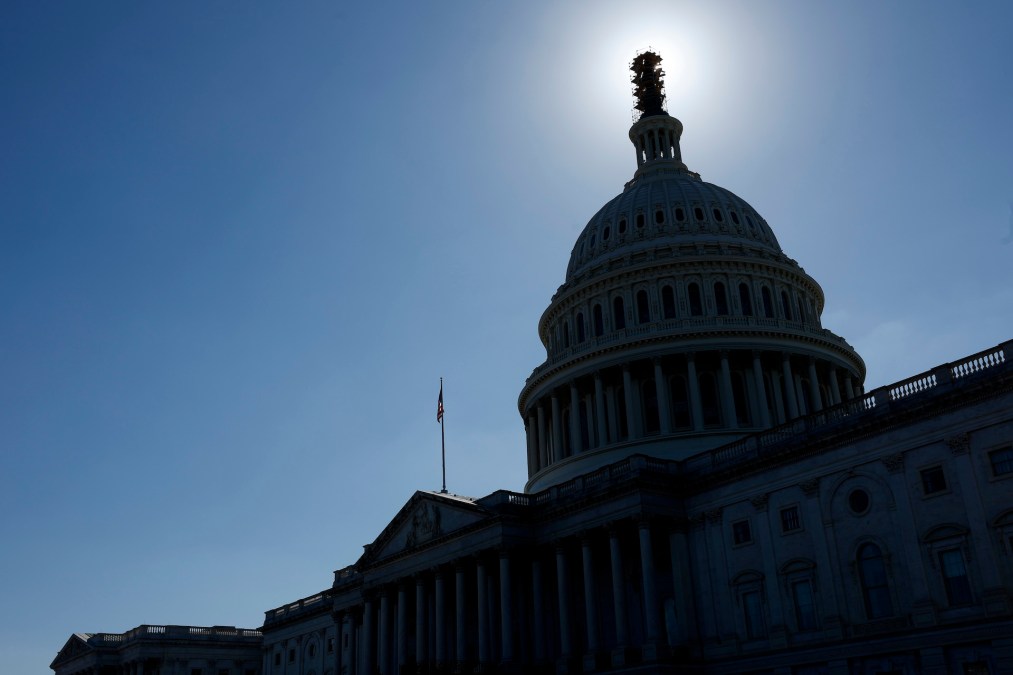New working group to probe AI risks and applications

A Washington think tank is launching a new working group bringing together the private sector, legislative staff, academics, and civil society to examine the cybersecurity risks and applications of artificial intelligence.
The six-month-long working group organized by the free-market-oriented think tank R Street Institute will discuss AI use cases, existing regulatory and legislative proposals, as well as best practices for companies and lawmakers.
The initiative is the latest addition to a flurry of working groups across industry and government to grapple with the rapid societal and technological changes being created by an acceleration in AI technologies, especially generative AI, and their availability to the public.
The R Street working group, which plans to release a series of reports, is unique in that it’s solely focused on the intersection of AI and cybersecurity and will examine AI broadly, instead of focusing solely on forms of generative AI that have grown in popularity thanks to products like ChatGPT.
Congressional offices represented in an advisory capacity in the working group include Congressman Jay Obernolte, R-Calif., Senator Joe Machin III, D-W.Va., and the Senate Armed Services Committee. The working group also includes representatives from Google, the UC Berkeley AI Security Initiative, the Software & Information Industry Association, the Center for Democracy and Technology, and the Berkman Klein Center for Internet and Society.
Washington policymakers have grown increasingly concerned in recent months about the risks posed by AI. In April, Sen. Mark Warner, D-Va., sent a letter to AI companies grilling them about their security practices. More than a dozen companies have signed onto a set of voluntary commitments set out by the White House to address AI risks, including by investing in cybersecurity and insider threat safeguards.
Despite concerns regarding risks, technology companies are rapidly rolling out AI products, especially in the cybersecurity industry, where leading companies like Google and Microsoft are incorporating generative AI into their offerings.
Brandon Pugh, who directs R Street’s Cybersecurity and Emerging Threats team, said that while concerns around AI’s negative consequences often dominate conversations around AI, it also has “tremendous value to cybersecurity” and that AI has been deployed in cybersecurity systems for years.





